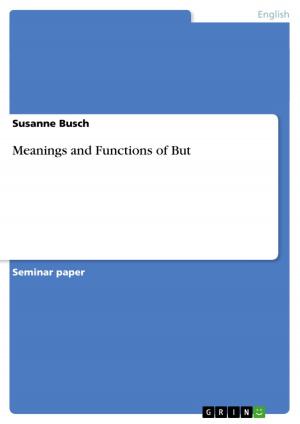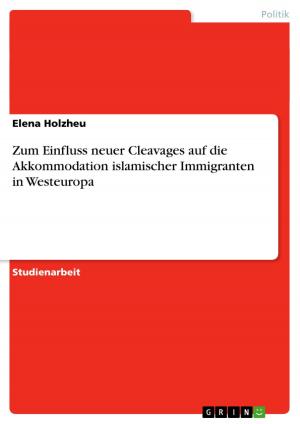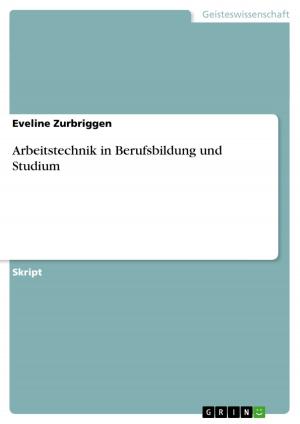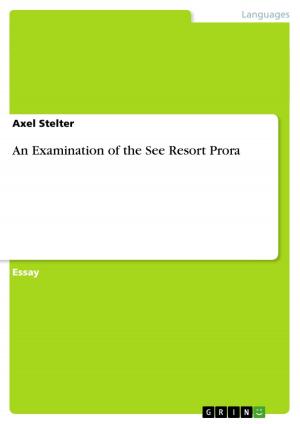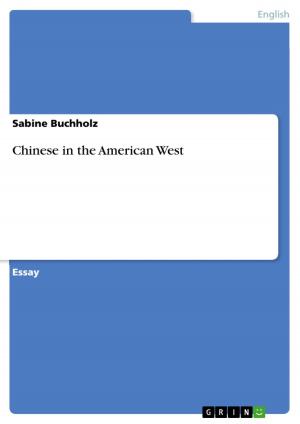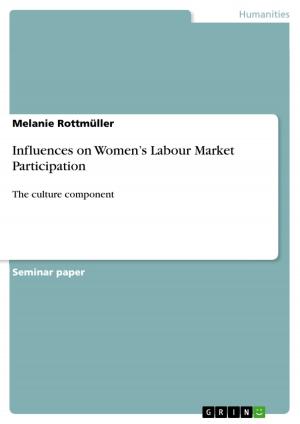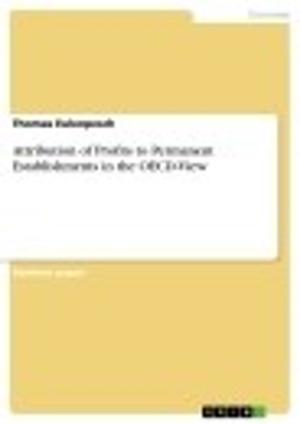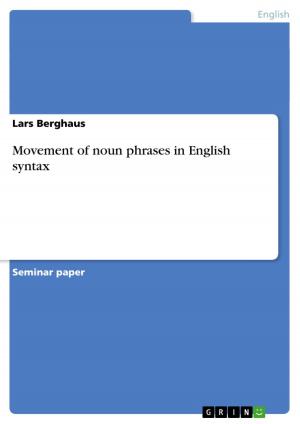Governmental and Legal Environment
Implications of the jurisdiction of the European Court of Justice (ECJ) on German Corporate Law, especially regarding the ECJ-case Daily Mail, Centros, Überseering, and Inspire Art
Business & Finance, Business Reference, Business Law| Author: | Stephan Weber | ISBN: | 9783638023634 |
| Publisher: | GRIN Publishing | Publication: | March 17, 2008 |
| Imprint: | GRIN Publishing | Language: | English |
| Author: | Stephan Weber |
| ISBN: | 9783638023634 |
| Publisher: | GRIN Publishing |
| Publication: | March 17, 2008 |
| Imprint: | GRIN Publishing |
| Language: | English |
Research Paper (undergraduate) from the year 2007 in the subject Business economics - Law, grade: 1,1, Heilbronn Business School (HBS), 12 entries in the bibliography, language: English, abstract: In this paper the implications of the jurisdiction of the European Court of Justice (ECJ) on German Corporate Law, especially regarding the ECJ-case Daily Mail, Centros, Überseering, and Inspire Art is made. Thereby also the question, wheather the so-called seat theory under German law can be applied is made. In the following the effects of this ECJ jurisdiction on the use of foreign legal forms in Germany, especially regarding the use of a British Limited is highlighted. Following on that the question how the German legislator try to react on the EU competition of legal forms is answered. In the end the advantages and disadvantages of this newly created competition of legal forms within the EU is discussed.
Research Paper (undergraduate) from the year 2007 in the subject Business economics - Law, grade: 1,1, Heilbronn Business School (HBS), 12 entries in the bibliography, language: English, abstract: In this paper the implications of the jurisdiction of the European Court of Justice (ECJ) on German Corporate Law, especially regarding the ECJ-case Daily Mail, Centros, Überseering, and Inspire Art is made. Thereby also the question, wheather the so-called seat theory under German law can be applied is made. In the following the effects of this ECJ jurisdiction on the use of foreign legal forms in Germany, especially regarding the use of a British Limited is highlighted. Following on that the question how the German legislator try to react on the EU competition of legal forms is answered. In the end the advantages and disadvantages of this newly created competition of legal forms within the EU is discussed.



